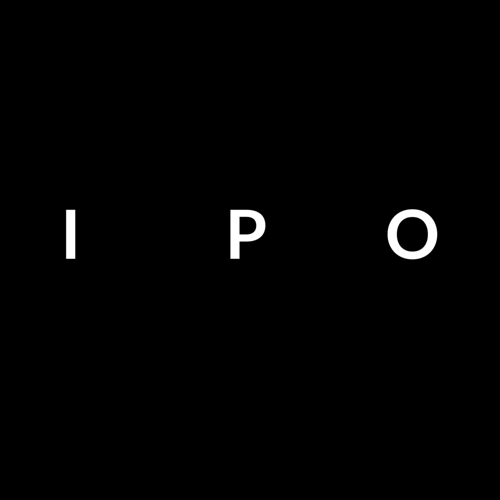Code Of Silence
I come from a place where if you talk too much you’re at risk. And up until a few years ago I lived by that code of silence. I would observe and analyze but keep my comments to myself. I would pick up on trends and opportunities but wouldn’t share them. Instead, I would keep them to myself because I thought of everyone as an opportunist.
This is how I was raised. The intention to help was always there but fear of breaking code was holding me back.
I had the revelation a few years back to say fuck fear and go against that code of silence. This was around the same time I came to the conclusion that if I wasn’t doing what I wanted, then I wasn’t living, because on the other side of fear is opportunity, and if I wanted to get out of the box I had to go against the grain.
I decided to play an unfamiliar role, disregarding everything I was taught — at this point second nature — and extend trust to everybody. I laugh at myself, but it was with intent that I put all my cards on the table and watched everyone to reveal their hand as soon as possible. I spent this year dealing with the successes of it and analyzing the lessons of it.
A. You can’t build anything great with people with bad character. That’s not a judgment of what you’ve done in the past but what you’re doing in the present. I never judge a person’s past. I try to go off their word and my overall vibe when talking to them. Of course, there are always people looking to get ahead at your expense, but there are things you can look at to see if a partnership would be beneficial. Do they keep their word? Honor their commitments? Repay their debts? I can’t do business with anyone who defaults on any of these basic codes of trust. I will give you the opportunity to show me whether you’re worthy of my trust.
B. Helping is great, but be intentional with help. That means steering with a result in mind. Too much help has a negative effect and is a waste of time. You also can’t help anyone who is not ready it. That means talking with them and seeing where they are mentally and making a judgment call.
Seeing someone struggle and helping is an easy choice. It can also be a selfish one . It relieves our conscience. Even if we know that our help only enables someone to continue a negative cycle, we can feel good about ourselves for helping them in the short term.
But sometimes struggle is what people need to grow, and being there for them non-monetarily will achieve your desired results for them much faster.
Sometimes people just need a positive influence. Of course that involves time, and a lot of times we try to buy our way out of situations where we should be putting time in.
Just know that you aren’t really helping by throwing money at a problem. At that point, you’re more of an enabler.
So what I’ve learned this year is:
1. How to open up and the pitfalls of being too open.
2. Character traits to look for and avoid when doing business with someone. It’s the foundation of everything.
3. How to properly help, which may mean not helping at all because the goal is for everyone to be self-sufficient. A lot of times the issue is deeper than any financial help you could provide. Sometimes, it’s moreso about a person’s mindset being readjusted. That’s what IPO is looking to address.
